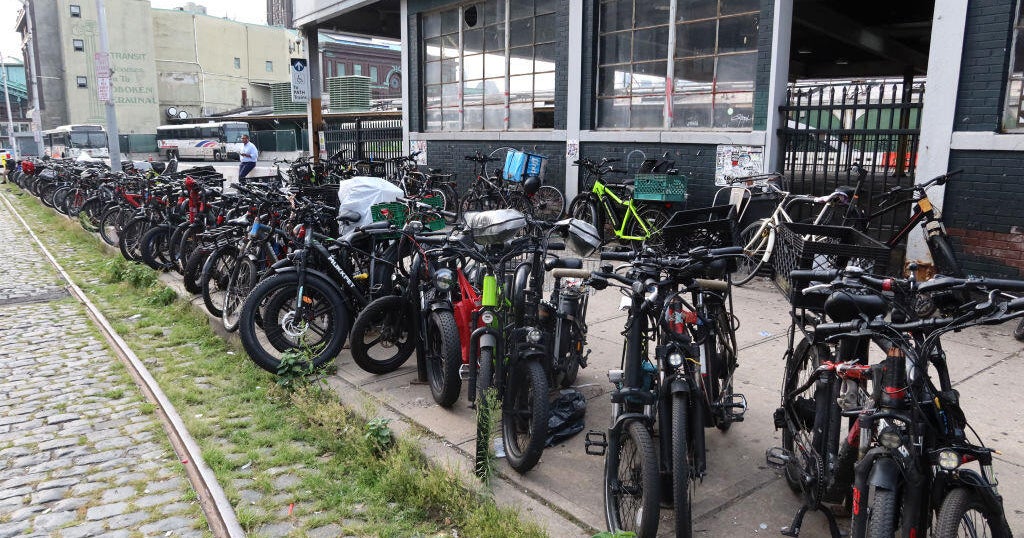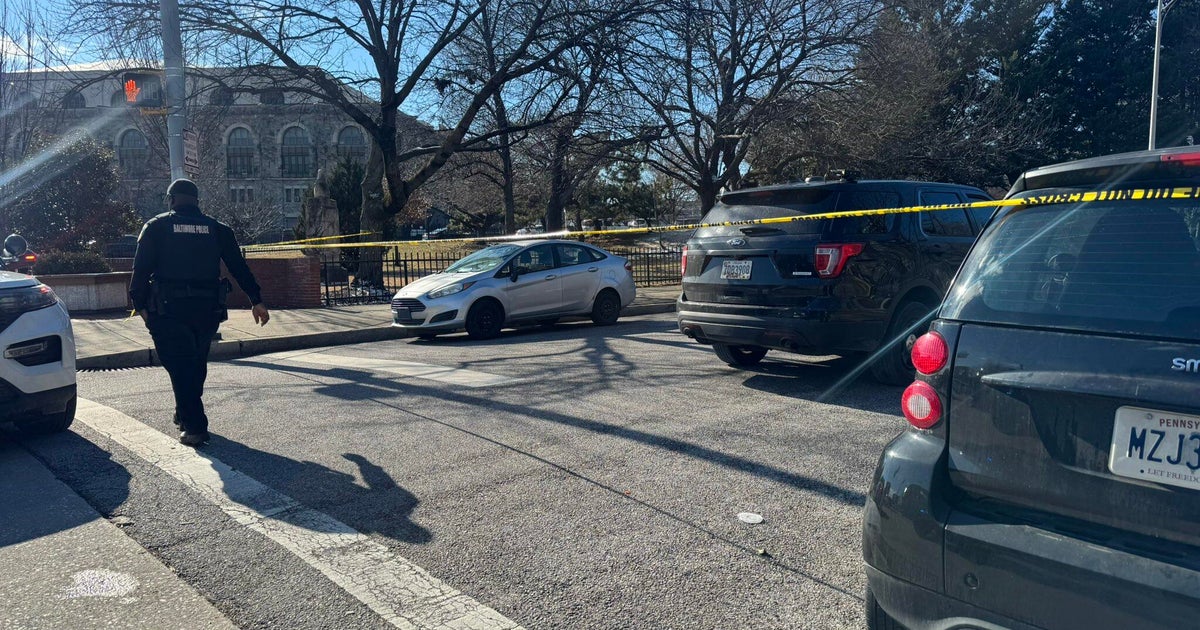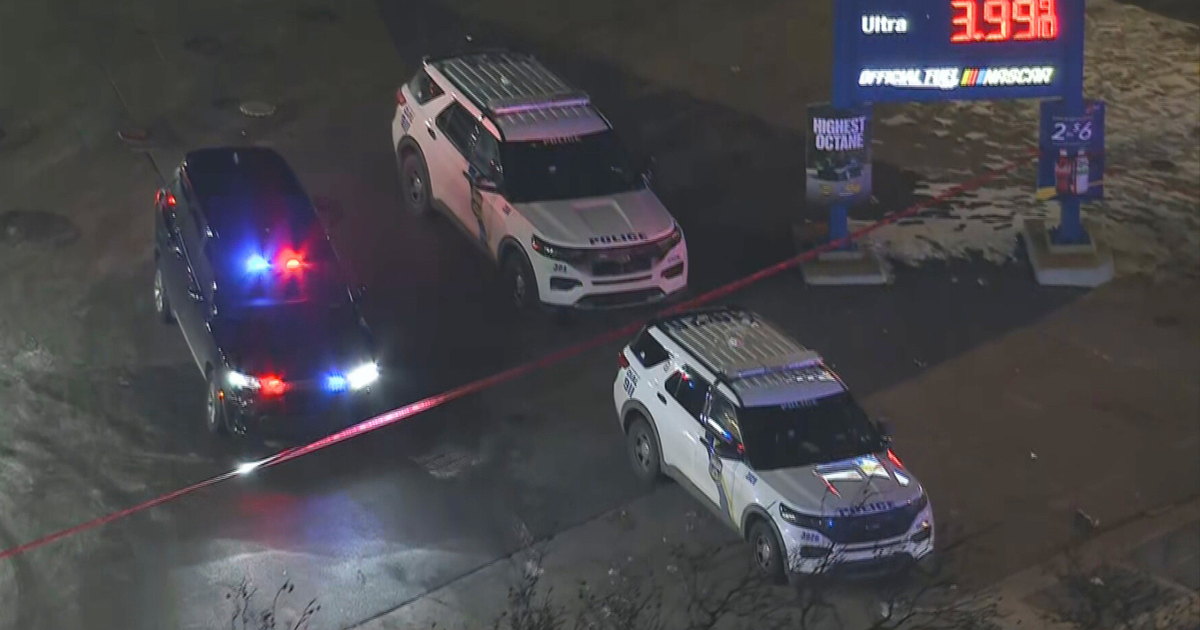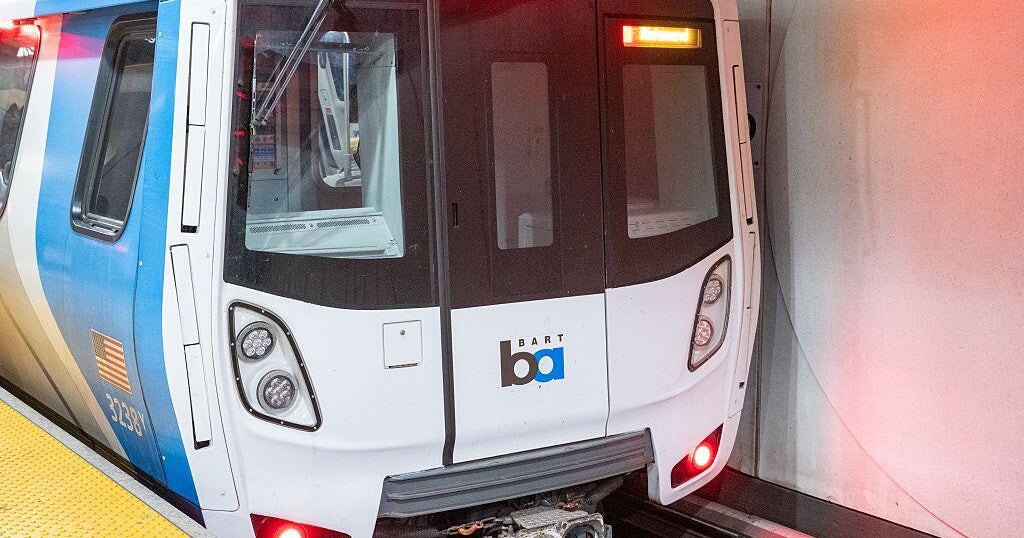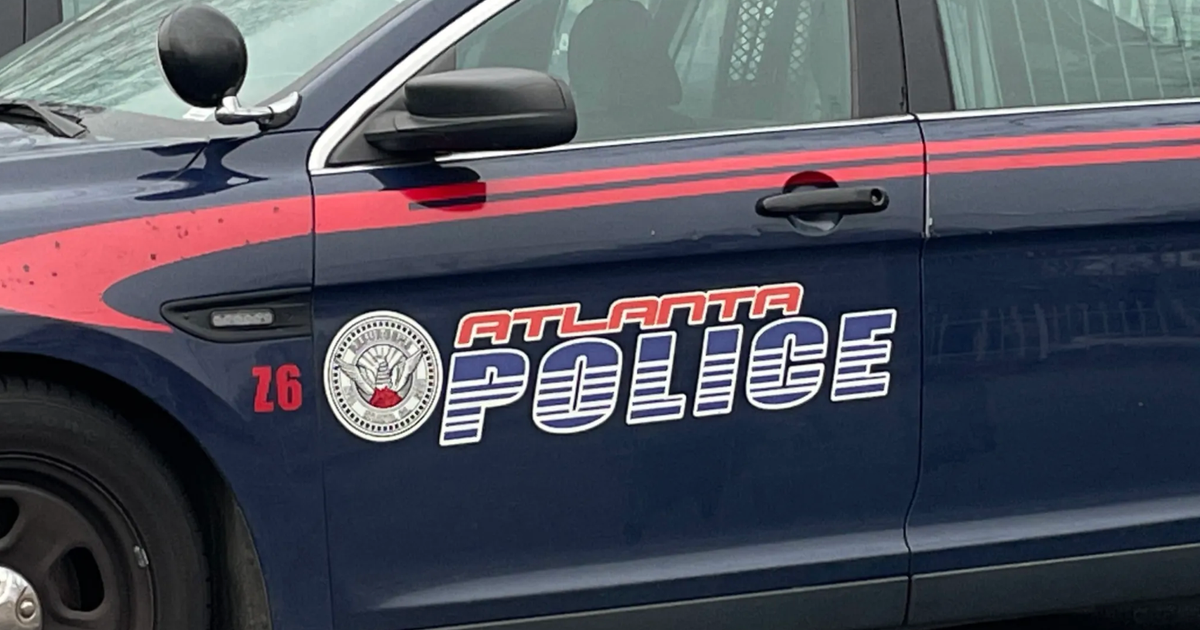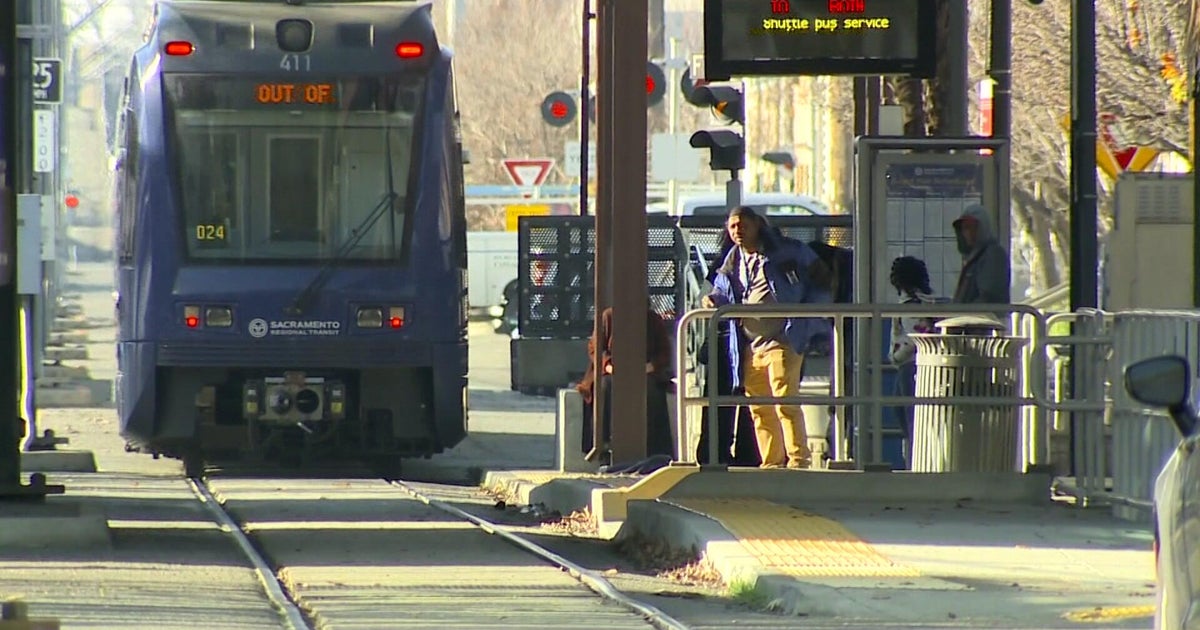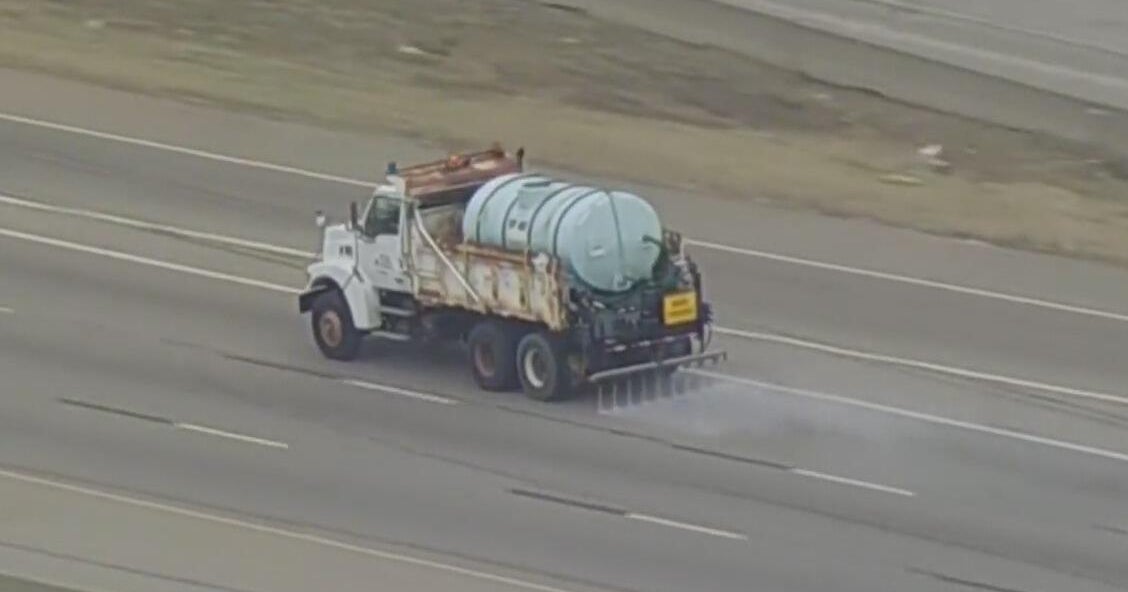New report says Citi Bike service has worsened since Lyft took it over
NEW YORK -- Citi Bike service is getting worse in low-income New York City neighborhoods, according to a study from the comptroller's office.
Citi Bike in New York City is the largest bike share in the country, with 30 million trips last year.
Mike Newbold is a regular. who says he's seen a decline in available bikes and spaces to return them.
"Right now, we got three broken docks. So I can't actually park this right now," Newbold said.
"It's just gotten worse in quality," rider Yousef Ahmad said. "Now, more are broken. Now, it's oftentimes the whole station is unavailable."
"Unfortunately, maintenance has declined," New York City Comptroller Brad Lander said.
Lander released a report critical of Citi Bike, citing unusable stations and broken bikes. Lander said Citi Bike service is particularly unreliable in the Bronx.
"Over the summer, 52% of the Bronx stations experienced at least one eight hour outage, when that station was out of service for at least eight hours. More than half of the Bronx stations. Only 14% of them Manhattan stations had that problem," Lander said.
He wants an overhaul to include a better job of relocating bikes between stations and optimize how available they are.
"Rebalancing has declined 80%," Lander said. "And that means riders can't find bikes, or dock their bikes, when they need to."
"There have always been problems. It's a very difficult system to manage," rider Andy Feld said.
Citi Bike officials said the two month sample for the study was not comprehensive enough.
In a statement, a Lyft spokesperson said "A larger service area and unprecedented ridership, all in the wake of a global pandemic and shifting commuter landscape, have brought new challenges that require creative solutions. Reliability is our highest priority, and we work hand-in-hand every day with our partners at DOT to ensure that Citi Bike can best meet the growing demands of all of our more than 1.5 million passionate riders." ."
Lander says city government must also do more.
"It's time for the city to overhaul the contract with oversight, with a better mix of oversight and incentives," Lander said.
He says inspections and enforcement could help keep the system spinning with fairness and reliability.

